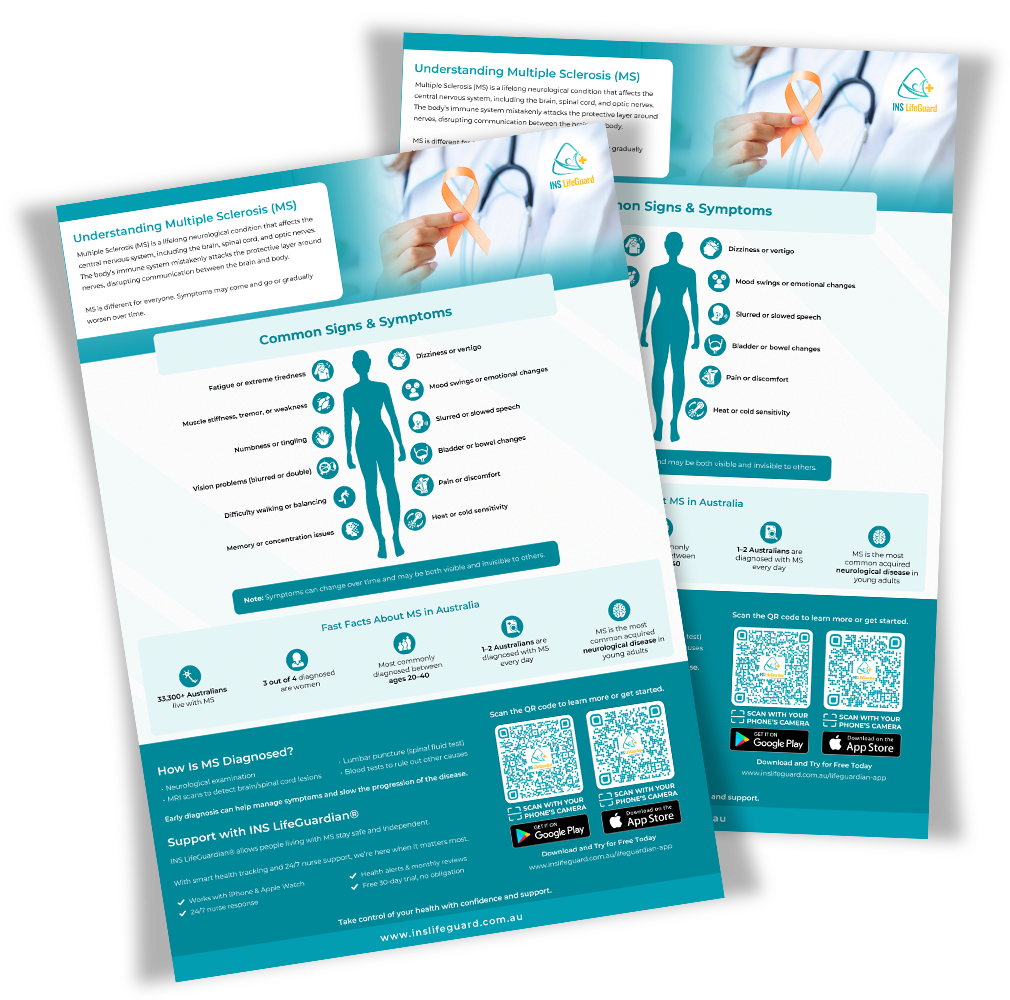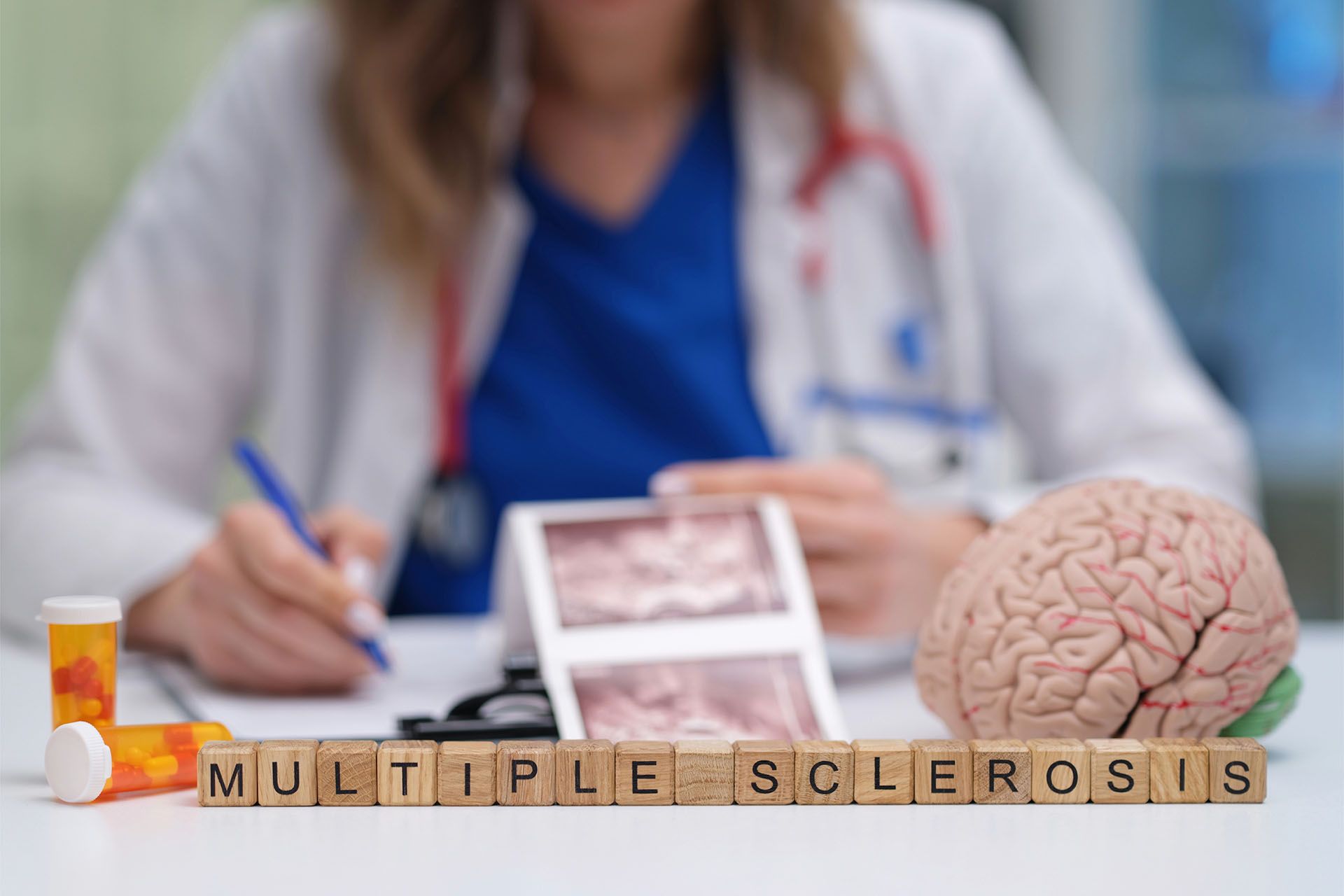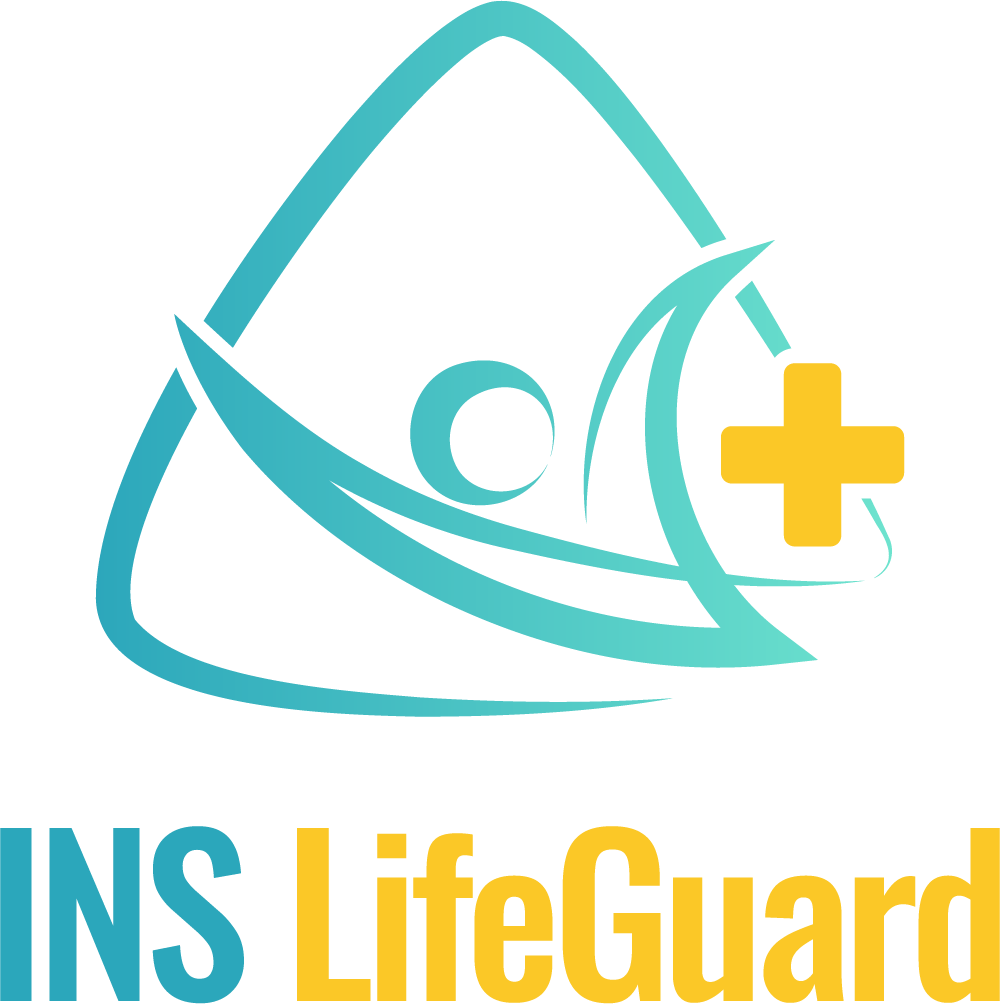Have a Question?
Understanding MS Symptoms: Key Signs and Insights for Better Awareness

Multiple sclerosis (MS) is a chronic condition that affects the central nervous system, disrupting communication between the brain and the spinal cord. While every person with multiple sclerosis experiences the disease differently, recognising early signs and common MS symptoms can lead to quicker diagnosis, better symptom management, and improved quality of life.
In this Multiple Sclerosis article, we’ll explore the most common and early symptoms of MS, how they relate to the nervous and immune systems, and what to expect during the diagnostic journey. Whether you or someone you know is facing new or worsening symptoms, this guide will provide insights to help you stay informed.
What Is Multiple Sclerosis?
Multiple sclerosis is an autoimmune disease, a condition where the immune system, which normally protects the body from infections, mistakenly attacks the protective covering (myelin) of nerve fibres. This attack by the immune system disrupts communication between the brain, spinal cord, and the rest of the body. Over time, this damage can lead to permanent nerve damage and disease progression.
There are different types of Multiple Sclerosis, each with its own unique characteristics, MS symptoms and progression patterns. These include:
- Clinically isolated syndrome (CIS) is a term used to describe a first episode of neurological symptoms that may or may not develop into full-blown Multiple Sclerosis. It's important to recognise and monitor these early signs as they can be an early warning sign of developing MS.
- Relapsing-remitting MS (RRMS) – the most common form, marked by relapses and remissions.
- Secondary progressive MS (SPMS) – follows RRMS with steady worsening of symptoms.
- Primary progressive MS (PPMS) – gradual worsening from the onset without relapses.
Understanding these distinctions helps when discussing MS symptoms and treatment options.
Multiple sclerosis (MS) in Australia
Key Facts:
- Over 33,000 Australians are currently living with Multiple Sclerosis.
This number is steadily increasing as awareness, diagnosis of multiple sclerosis, and reporting improve nationwide. - Women are disproportionately affected.
Around three out of four people diagnosed with Multiple Sclerosis are women, with the average age of onset between 20 and 40 years. These are often the prime years for building careers, raising families, and pursuing life goals, making the impact of Multiple Sclerosis deeply personal and far-reaching. - Every week, 10 Australians are newly diagnosed with Multiple Sclerosis.
That’s more than one person each day starting a new journey of managing this lifelong condition. - It’s one of the most common neurological conditions affecting young adults.
Despite being an invisible illness in many cases, Multiple Sclerosis can significantly affect a person’s mobility, energy levels, cognition, and overall independence.
Early Signs of MS: Recognising the First Clues
One of the challenges in diagnosing MS is that its early signs can be mistaken for those of other conditions. However, being aware of the following early multiple sclerosis symptoms and intervening early can lead to better management and improved quality of life:
- Vision problems such as blurred or double vision are often caused by optic neuritis (inflammation of the optic nerve).
- Tingling or numbness in the limbs or face.
- Muscle weakness and fatigue.
- Difficulty with coordination or walking.
- Bladder control issues or bowel problems.
- Cognitive problems, such as memory lapses or trouble concentrating.
Some people may also experience mild symptoms that come and go, which can be easily dismissed. Don’t ignore these common symptoms and signs below. Early testing and clinical trials may yield faster results and provide better support.
Common MS Symptoms and Their Impact
1. Muscle Stiffness and Spasms
Many people with MS experience muscle stiffness (spasticity), which can lead to painful cramps or muscle spasms, especially in the legs.
2. Bladder and Bowel Problems
Bladder control can become unpredictable, and bowel problems such as constipation are also common.
3. Cognitive and Mental Health Challenges
Cognitive impairment and mental health issues, including depression and anxiety, affect many people with MS. These can be just as debilitating as physical symptoms.
4. Fatigue
Multiple sclerosis related fatigue is more than just feeling tired it can be overwhelming and interfere with daily tasks.
5. Balance and Coordination Difficulties
Multiple sclerosis impacts the spinal cord and brain-spinal cord communication, affecting walking, standing, and balance.
6. Sexual Dysfunction
Both men and women may experience sexual dysfunction due to nerve damage or psychological effects of the disease.
Understanding the Signs of MS: A Free Downloadable Guide
To help raise awareness and make Multiple Sclerosis easier to understand, we’ve created a free, one-page printable guide. It outlines the most common signs and symptoms of MS, how the condition is diagnosed, and key facts about how it affects Australians.
This practical resource is ideal for individuals who are new to having multiple sclerosis diagnosed, those living with Multiple Sclerosis, and carers or family members supporting someone through their Multiple Sclerosis (MS) journey.
Use it to recognise early symptoms, guide self-care, and have more informed conversations with your healthcare team.

How MS Affects the Central Nervous System
The central nervous system, made up of the brain and spinal cord, is the core communication hub of your body. When MS attacks this system, it can damage the nerve cells and optic nerve, resulting in a wide range of physical and cognitive problems.
Lesions caused by multiple sclerosis can appear in different areas of the brain and spine, which explains why no two people have exactly the same symptoms. One person with multiple sclerosis may primarily experience vision loss, while another may face difficulty walking or thinking clearly.
Diagnosing MS: What to Expect
There is no single test to diagnose multiple sclerosis (MS). Instead, doctors rely on a combination of medical history, neurological exams, imaging (such as MRI), and sometimes a spinal tap to detect abnormalities in the cerebrospinal fluid.
A diagnosis typically requires:
- Evidence of damage in at least two separate areas of the central nervous system.
- Evidence that the damage occurred at different times.
- Ruling out other potential causes.

Doctors may also assess if a person has clinically isolated syndrome, which can be an early warning sign of developing MS. If brain lesions accompany CIS on an MRI, the risk of progression to Multiple sclerosis increases.
Disease Progression and MS Attacks
MS attacks, also known as relapses, occur when new symptoms appear or old ones worsen for at least 24 hours. These can be followed by periods of remission, especially in relapsing-remitting MS.
Over time, people with relapsing multiple sclerosis may develop secondary progressive MS, where symptoms steadily worsen without remission periods. In contrast, primary progressive MS involves a gradual decline from the start.
Disease progression may lead to more severe symptoms, but it varies widely between individuals. Monitoring and managing new or worsening multiple sclerosis symptoms in collaboration with healthcare providers is crucial to improving outcomes.
The Role of the Immune System's attack
Multiple sclerosis is categorised as one of many autoimmune diseases in which the immune system attacks rather than protects the body. Researchers believe that a combination of genetic and environmental factors, such as low vitamin D levels or viral infections, may contribute to the development of multiple sclerosis.
Recent MS research is exploring the immune response and how to reduce inflammation through medications such as corticosteroids or oral treatments, as well as more advanced options like plasma exchange.
Managing Symptoms of MS
- Physical therapy to improve strength and mobility.
- Medications to manage symptoms like fatigue, bladder issues, or muscle stiffness.
- Vitamin D supplements (if recommended by your doctor) to support immune health.
- Treatment options include injectable and oral drugs to reduce relapses.
Keeping a symptom journal and staying proactive in your care plan can help address new symptoms early and optimise your treatment.
Living with Multiple Sclerosis: Support and Outlook
As researchers continue exploring how to treat relapsing forms of multiple sclerosis and support partial recovery, early awareness of MS symptoms remains one of the most powerful tools in managing this disease.
Final Thoughts
Multiple sclerosis can be unpredictable, and symptoms of MS often come and go. Whether you’re facing early signs, managing worsening symptoms, or supporting someone newly diagnosed, understanding what’s happening in the brain and nervous system is crucial.
If you’re experiencing vision problems, muscle weakness, cognitive problems, or bladder changes, talk to a doctor. While multiple sclerosis is a complex condition, being informed and proactive can make a real difference.
Stay Safe and Independent with INS LifeGuard
Living with multiple sclerosis means facing uncertainty. MS symptoms, such as fatigue, dizziness, weakness, and falls, can strike without warning. But with INS LifeGuard, personal medical alarms, you’re never alone.
How INS LifeGuard Supports People Living with Multiple Sclerosis
Here’s How It Works:
1. Press for Help
Whether you’re feeling unwell, anxious, need reassurance, or experience a fall, press your INS LifeGuard alarm. Fall sensors can also alert us automatically.
2. Speak to a Nurse On Call, Instantly 24/7
You’ll be connected straight to a qualified INS nurse who already knows your medical history.
3. We Arrange the Right Support
We will provide clinical support. If you need a family member notified, a neighbour contacted, or emergency services dispatched, we make it happen.
4. We Act If You Can’t Respond
If you’re unable to speak, we’ll immediately send help so you’re never left waiting.
INS LifeGuard empowers people with MS to live with more freedom and less worry, knowing personal emergency response and professional support is just a button away.
To learn more, call 1800 636 040 or visit our website to find out more.

About
INS LifeGuard is the only 24/7 nurse on-call personal and medical monitoring in Australia. We provide monitoring technology for both in the home and on the go and can also monitor other provider's equipment. Our services are suitable for anyone wanting support to stay independent such as the elderly, those with medical conditions and disabilities plus enhancing safety and security for lone workers.

















